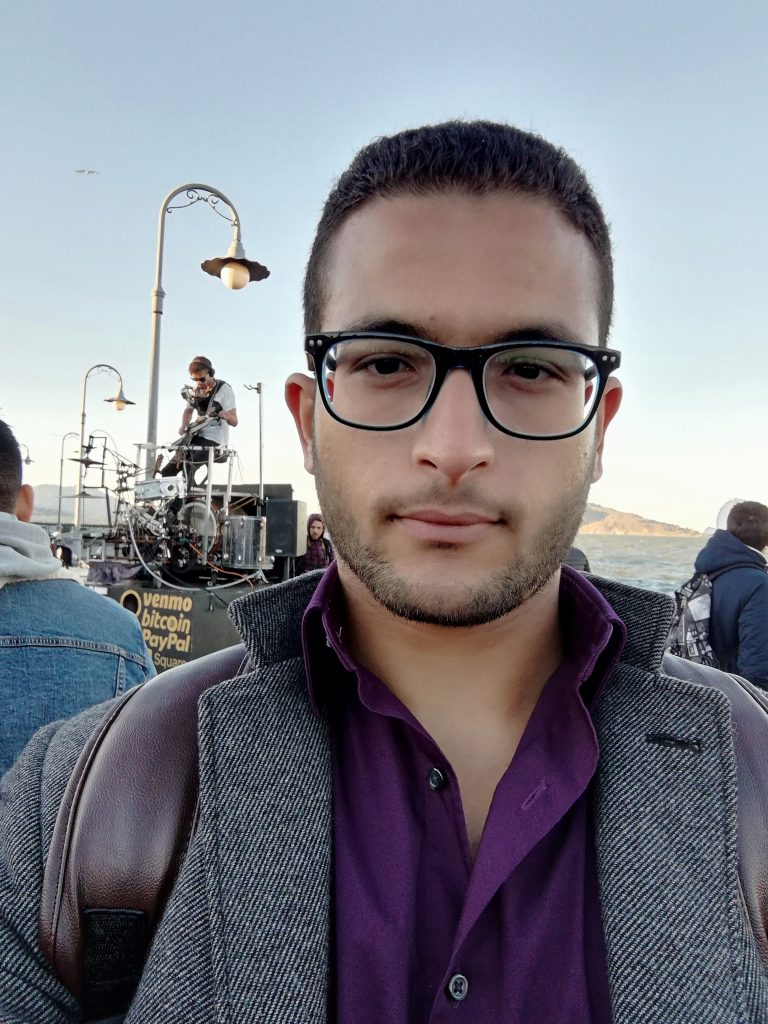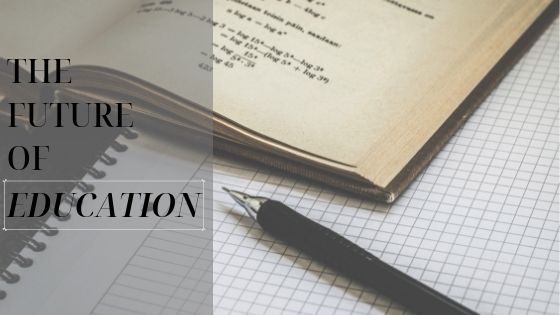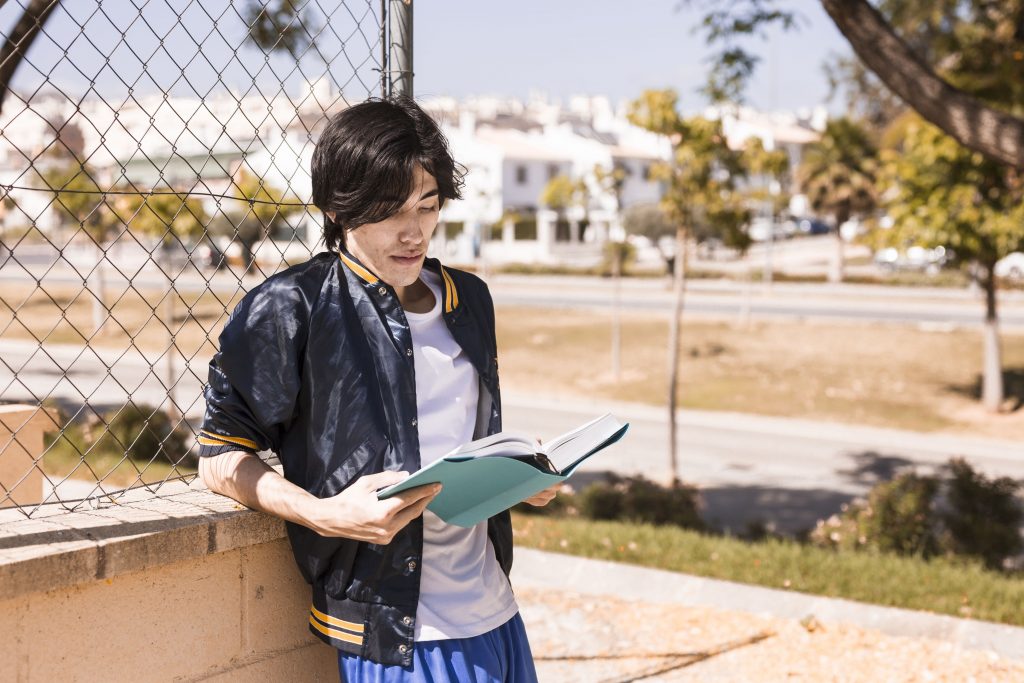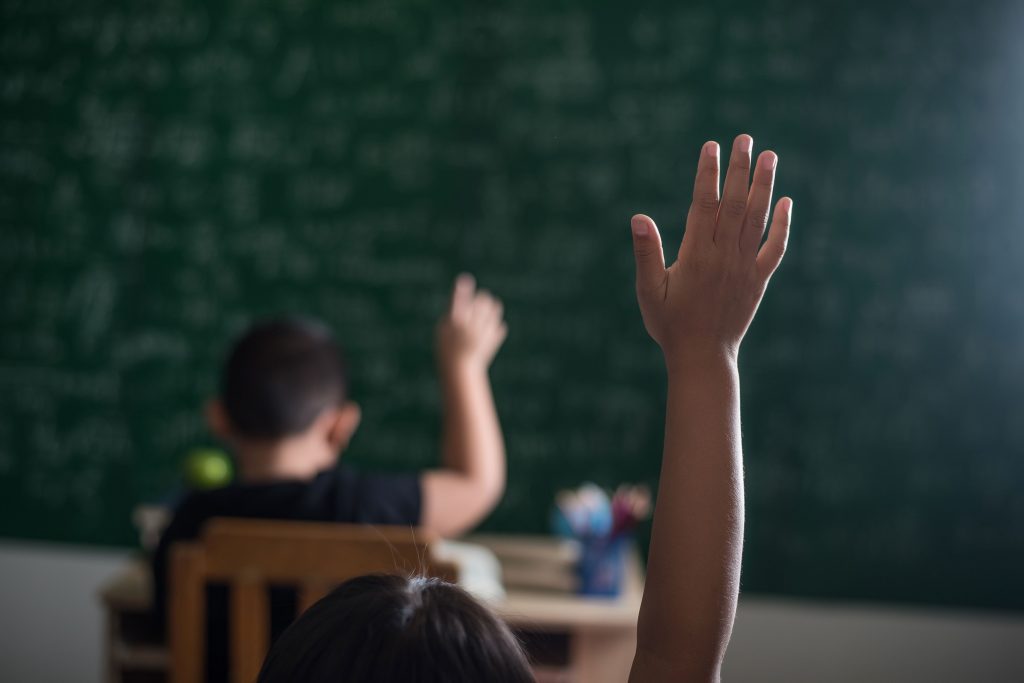Article by Firas Aouinet.

Firas Aouinet is a writer at heart. So far, he has dabbled in a few fields of study. He studied a bit of multimedia Journalism at Southeast Missouri State University where I learned the basics of U.S journalism and honed both his writing and graphic design skills. He took group fitness instructing and personal training courses as well. Currently, He is a bioengineering student at the National Institute of Applied Science and Technology of Tunisia, at the verge of graduation. He worked as a volunteer reporter for the university’s newspaper, the Southeast Arrow, an award-winning and a student-run publication. He also interned for a creative writing business called the Little Red Wagon Press (amazing boss). He’s both a Thomas Jefferson Scholarship Program alumni and a YALA Citizen Journalism alumni.
Firas aspires to become a recognized author, a personal trainer, and a comedian.
Education equals power. It is the root of every great country. Forget about brute physical strength. Scientific evidence and studies paved the way for new levels of all kinds of performances. When we take a look at a country’s economic growth, we connect its success to highly educated individuals.

However, the UN’s fourth sustainable development goal is still lacking globally. The current classic teaching strategies are somewhat outdated, yielding fewer results than hoped for. For instance, an educational system requiring students to take over 36 hours per week, leaves fewer vacancies for the educatees to engage in extracurricular activities, and barely anytime to get homework done. So, what are the possible future teaching methods that would help to generate better educational outputs?
1- Augmenting the Quality of Teachers
It’s an obvious choice. We can all remember one teacher/professor who made us fall in love with a specific subject, as well as a teacher/professor who pushed us to resent a subject. When we desiccate the qualities of a teacher, we look beyond the surface that is the hard skills: The knowledge about the taught class. Some skills are embedded within certain teachers (others develop them through life experiences) that are important to adhere to the full characteristics of the profession. Skills like empathy, emotional intelligence, work ethics, and involvement and devotion to the students inside and outside of the classroom contribute in distinguishing a good educator from an average one.

Research has shown a learning gap between students who had consecutive good teachers and those who had bad ones. According to the book “TEACHING 2030: What We Must Do for Our Students and Our Public Schools—Now and in the Future”, a good quality educator’s qualifications must fall under the following measurements:
- The ability to teach a Google-raised learner.
- The ability to work with diversity in the classroom.
- The ability to teach learners the jobs’ new basics in the marketplace. Communication, collaboration, critical thinking, and creative problem-solving.
- The ability to use refined tools to gauge performance and calibrate performance.
- The ability to link education to the necessities of communities since “economic churn” results in instability (prompting educational facilities to assimilate health and social services with academic learning.
2- Alt School
Alt school is an educational institution founded by a former Google executive, Max Ventilla, implementing futuristic and out-of-the-box learning strategies. He combined engineers and teachers to work together to create curriculums based on technology. The youngsters take their courses on tablets and have the freedom of passing their classes on their own pace. In other words, students can be on different levels with different classes. As a way of enhancing the initiative, the learners are monitored through cameras and the collected data is analyzed.
3- Place-based education
What do we study within the thick walls of our educational institutes? Theory. We might get some practice here and there with on a low-calibre level, but it’s not enough. Take journalists for example; they spend the majority of their time on the field chasing leads, interviewing people, and investigating rumors. It’s not just about the practical side of the professions and hands-on experience. By placing learners outside of the four walls and into their communities, the power of place is leveraged. It’s a method that enhances student’s involvement and strengthens their ties to their communities in an era where they are most disconnected.

4- Project-based Learning
No job is ever secured these days in the competitive job marketplace. Companies scarcely talk about remote work and are focusing more on projects. This is why the number of freelancers has sky-rocketed within the past years. This requires a specific set of abilities circling around people skills. Projects group different people together, therefore, students should be taught the arts of communication, collaboration, time management, stress management, and adaptation. The perfect place to start teaching these skills is in high school. They would form the foundation and prepare the high schoolers for college life and afterwards, the workforce.
5- Entrepreneurial Teachings
Ever heard of the website Master Class? It’s a virtual learning platform where you get to choose a subject to learn from a celebrity in that area (Timbaland in producing and beat making, Gordon Ramsay in cooking, Samuel L.Jackson and Natalie Portman in Acting, and so much more). Gone are the days of learning at the hands of professors who have no idea about how the industries are looking alike today. If students want to get effective classes extracted directly from their perspective industries, they might as well get it from people who had already made it.

The Takeaway
In all fairness, classic classroom learning is still effective, on an elementary school level. However, high schoolers are on the verge of adulthood. The best way to prepare them for the real world is to teach them about it and, better yet, push them to learn within it.
IVolunteer International is a Gold Seal nonprofit organization on Guidestar. Operating from Savannah, Georgia, IVolunteer International connects volunteers to volunteer projects around the world. Since 2017, IVolunteer has connected over 3,000 volunteers worldwide. In 2019, World Trade Center Savannah selected IVolunteer International as finalists of the Peace Through Trade Competition. In 2020, IVolunteer International will develop and launch a geo-connecting mobile application which will be available to volunteers around the world.


